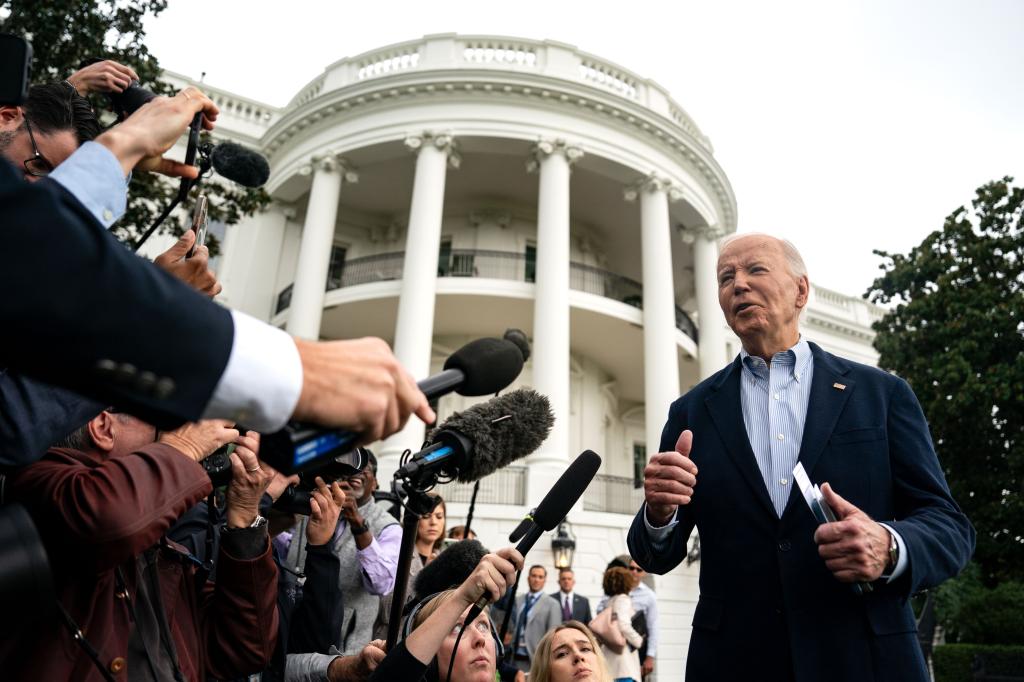President Biden suggested that the US was considering the possibility of Israel bombing Iranian oil facilities as retaliation for rocket attacks on Israel. Crude oil futures spiked following Biden’s statement, highlighting the potential impact on global crude prices. Biden clarified that the US advises Israel and does not allow them to take any actions unilaterally. He also opposed a hypothetical Israeli strike on Iran’s nuclear facilities to prevent Tehran from developing atomic weapons.
The potential environmental impacts of a strike on Iran’s oil facilities, such as increased greenhouse gas emissions, could pose a challenge for Biden, especially in light of his stance on climate change. While the White House has vowed to hold Iran accountable for the attacks on Israel, it has not committed to tightening sanctions on Iran’s oil exports. The increase in Iran’s oil exports has raised concerns about the impact on global energy prices, which could have political implications ahead of the upcoming election.
There have been calls from both Democrats and Republicans in Congress to enforce sanctions on Iranian oil sales to limit the economic benefits Iran derives from evading sanctions. Iran currently exports over 1.4 million barrels of crude oil daily, with a significant portion going to China. The surge in Iran’s oil exports has raised questions about the effectiveness of existing sanctions and the need for stricter enforcement to prevent Iran from benefiting financially.
The recent tensions between Israel and Iran escalated following Iran-backed Hezbollah’s failed missile attack on Israel. The missile attack resulted in little damage and no casualties, as American, Jordanian, and Israeli forces successfully intercepted the ballistic missiles. The increased hostilities between Israel and Iran were exacerbated by Israel’s assassination of Iran-backed Hezbollah leader Hassan Nasrallah, sparking further concerns about potential retaliatory actions and ongoing military conflict in the region.
The possibility of Israel launching a counterstrike on Iran could coincide with the anniversary of a past terrorist attack by Iran-backed Hamas, further heightening tensions in the region. The ongoing violence and military operations in the Middle East underscore the complexities and challenges surrounding regional conflicts. The geopolitical dynamics between Israel, Iran, and other Middle Eastern countries continue to be a source of concern for global stability and security.
The discussions surrounding potential retaliatory actions and the impact on global energy prices highlight the delicate balance of political decisions in response to regional conflicts. The role of the US in advising and supporting its allies, such as Israel, while also considering the broader implications of military actions, underscores the complexities of international relations. As tensions persist between Israel and Iran, the need for diplomatic solutions and de-escalation efforts becomes increasingly important to prevent further violence and instability in the region.













